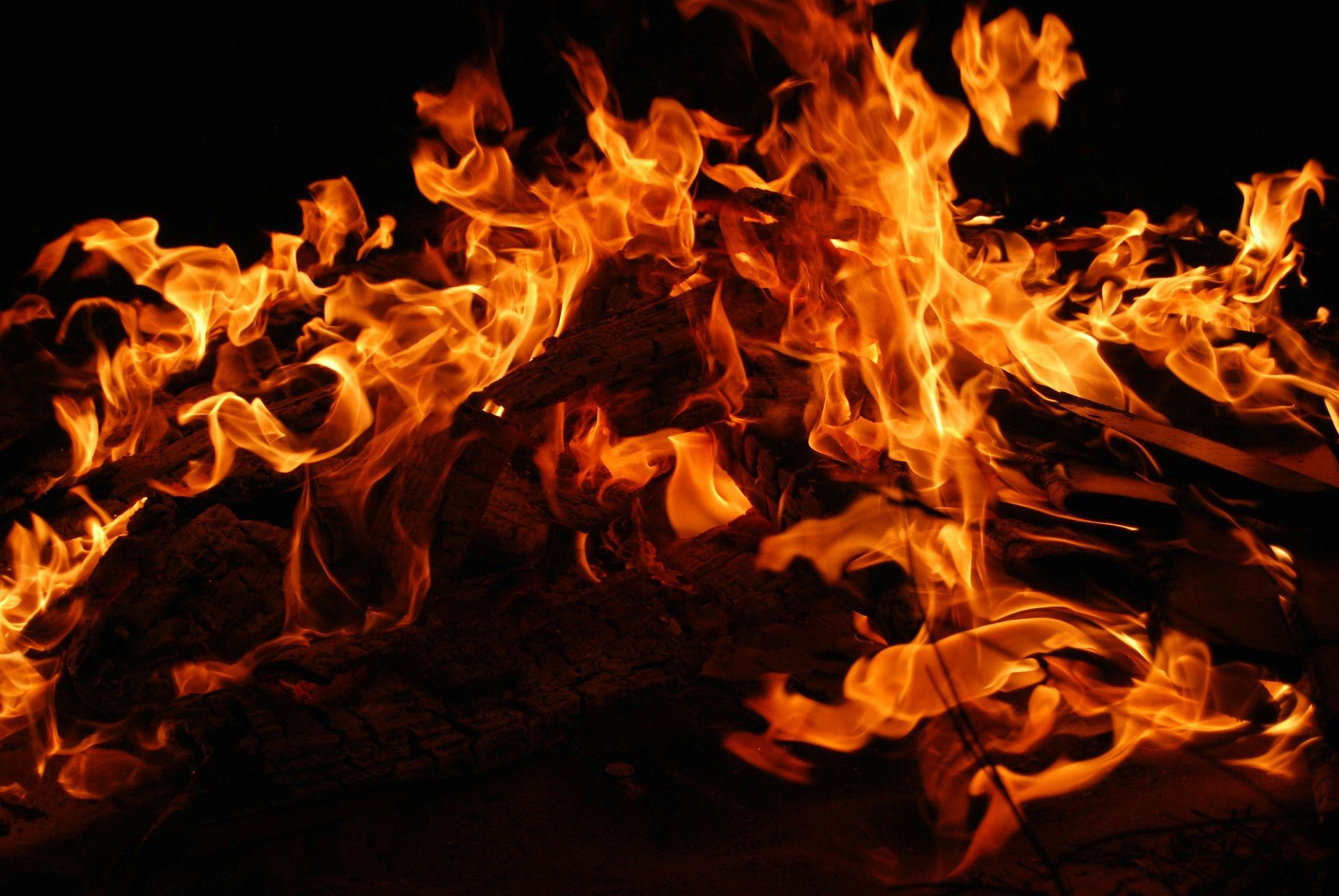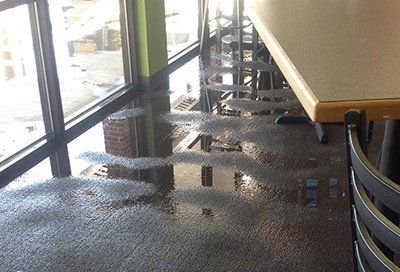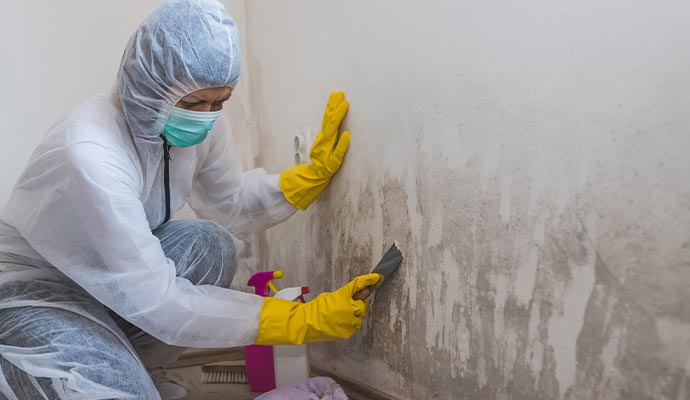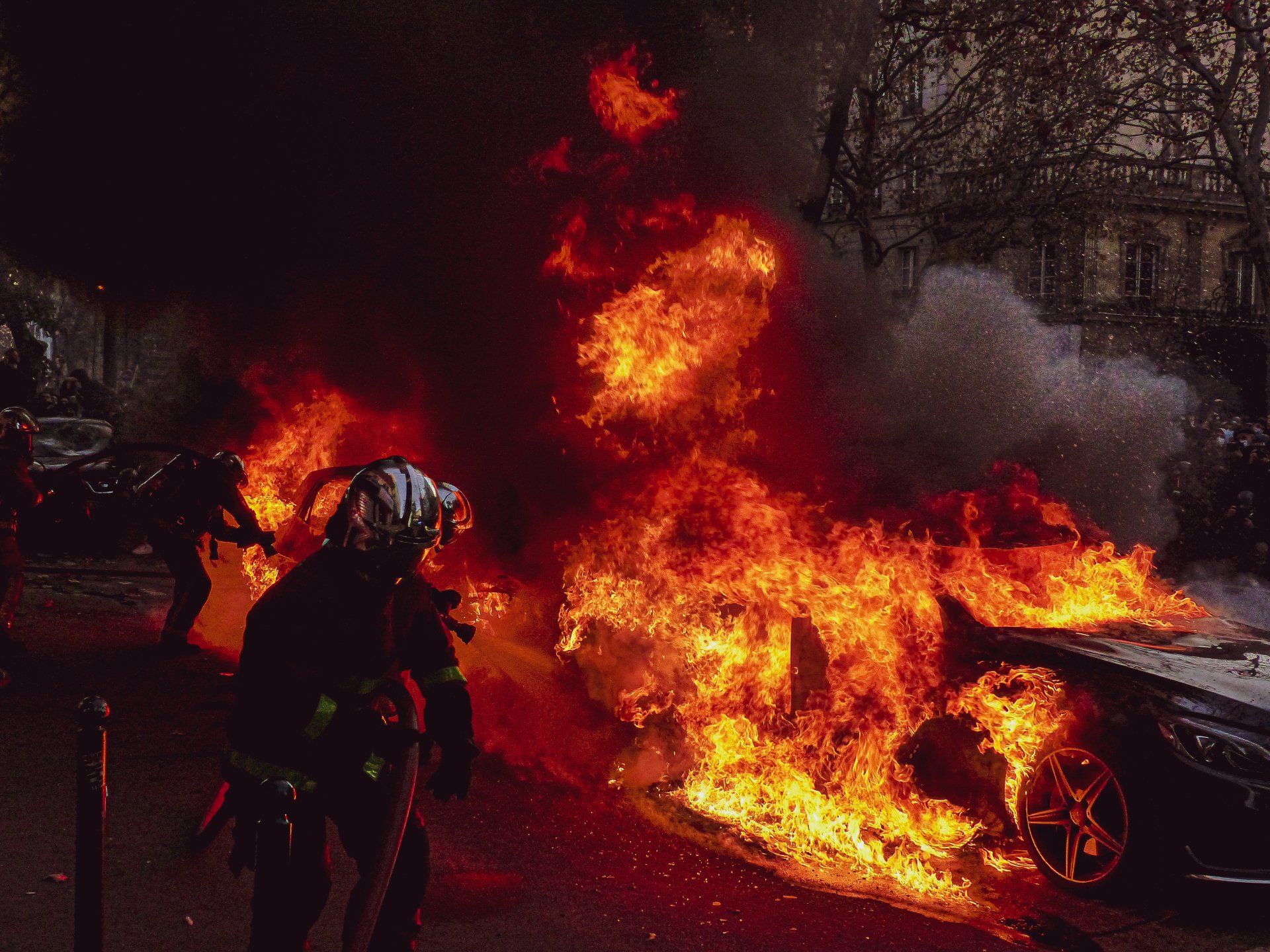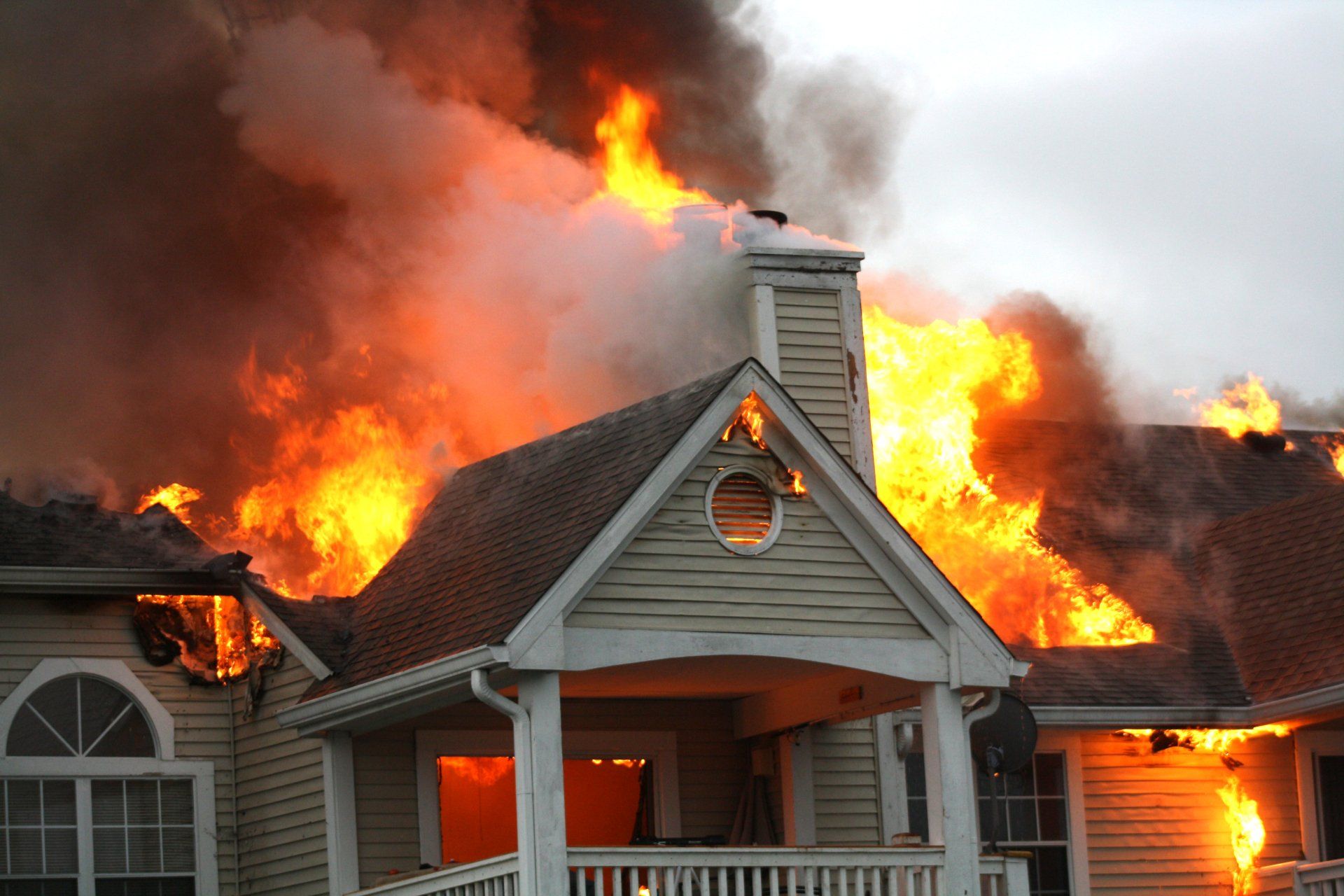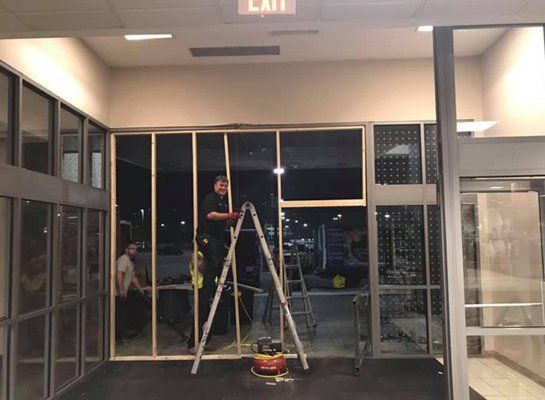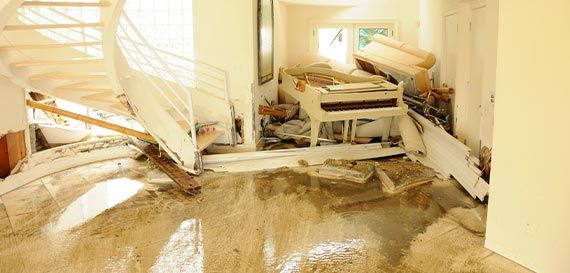Unveiling Fire Damage Causes: Common Sources in Homes
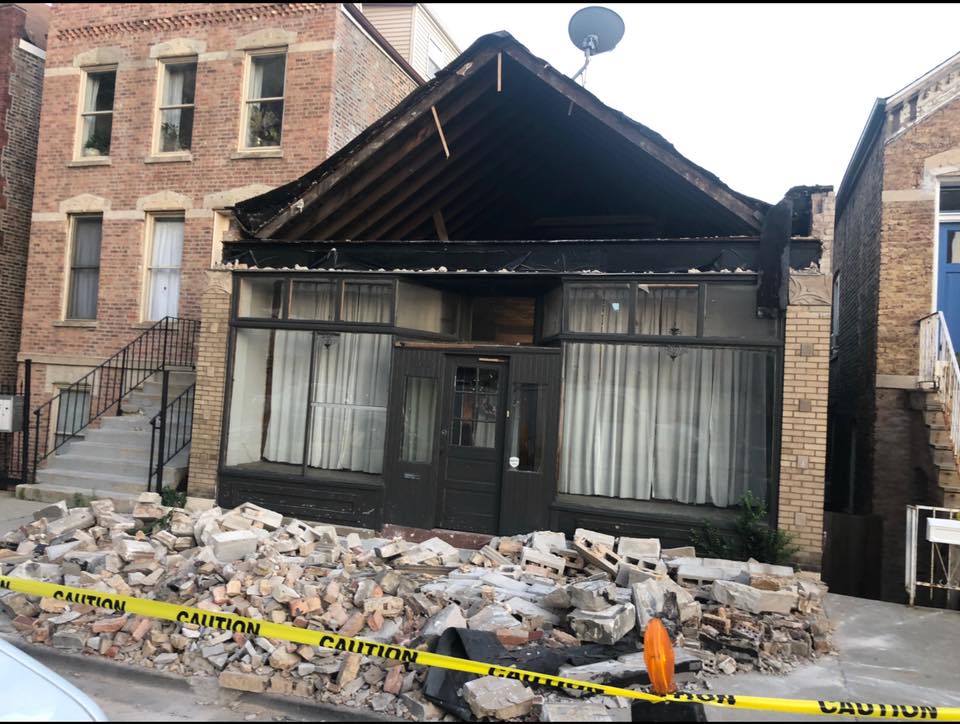
Fire damage in homes is a serious and common problem with devastating effects. Understanding residential fire damage causes and taking preventative measures are essential for protecting your property and keeping your family safe. In this article, we will discuss some of the most common sources of fire damage in homes, as well as what you can do to reduce risk and stay safe. We'll cover everything from faulty electrical wiring to burning candles and more. With this information, you'll be empowered to take the necessary steps to protect your home and loved ones from fire hazards.
Fire Damage Statistics in Residential Settings
The staggering statistics of home fires are a reality for many homeowners and renters. According to the United States Fire Administration, there are an estimated 365,500 residential structure fires reported every year. These fires cause an average of 2,840 civilian deaths, 11,400 civilian injuries, and $8,855,900,000 in property damage caused by fire annually.
These figures represent more than just a financial burden. Home fires can also have severe emotional impacts on families, resulting in depression, anxiety, and even post-traumatic stress disorder.
Moreover, the cost of full property damage combined with medical bills can be overwhelming for homeowners who lack sufficient insurance coverage or access to emergency funds. Without immediate and thorough action from local governments, insurance companies, and relief organizations, these individuals and families can quickly find themselves in a bad financial situation.
Understanding the Nature of Fire
Fire is a chemical reaction requiring three components: heat, fuel, and oxygen. This combination creates what is known as the fire triangle. Heat causes the fuel to ignite and continue burning, while oxygen sustains combustion reactions.
In general, fire spreads in residential settings by following one of two paths: conduction or convection. Conduction involves the direct transfer of energy from the fire to adjacent materials, which can heat them up and cause them to ignite. Convection involves the movement of heated gasses that can spread flames and carry flaming particles away from the initial source.
Common Causes of Fire Damage in Homes
What are the common causes of fire damage? Far too often, home fires occur due to a lack of knowledge in regard to fire safety. Knowing the common causes of home fires and taking appropriate steps toward prevention is the key to keeping your family safe. Let's go through a few important points:
Cooking Equipment
Cooking is a primary cause of home fires, with unattended stoves or ovens being the leading source. According to the National Fire Protection Association (NFPA), cooking equipment was involved in 49% of reported home fires from 2015-2019. It is important for homeowners to take precautions when using cooking equipment to prevent kitchen fires from happening.
Some of the most common sources of kitchen fires include overheated cooking oil, unattended ranges or ovens, and items placed too close to heat sources. It is important to be mindful when using any type of cooking equipment to prevent these kinds of fires from happening. Homeowners should always keep an eye on their stove or oven while in use and ensure that flammable materials, such as potholders and paper towels, are kept away from heat sources. Additionally, it is important to make sure that all cooking surfaces are clean and free of grease buildup.
Electrical Equipment and Faulty Wiring
Faulty or outdated electrical systems can also be a major cause of home fires if not taken care of properly. According to NFPA, electrical malfunction or failure was the second leading cause of reported home fires from 2015-2019, accounting for 13% of all reported home fires.
Homeowners should be aware of warning signs that may indicate potential problems with their electrical system. These can include frequent sparking when outlets are in use, flickering lights, warm switches or outlets, and the presence of frayed or exposed wires. If these warning signs are present, homeowners should contact a certified electrician to inspect their system as soon as possible.
Heating Equipment
If not well maintained, heating equipment such as space heaters, fireplaces, and wood stoves can majorly contribute to home fires. Steps should be taken to ensure that these items are in good working order and that their cords and wiring are in good condition. Consider the following safety tips when using a fireplace or wood stove:
- Keep the chimney and stovepipe inspected regularly.
- Ensure the fire is completely out before leaving.
- Use a screen in front of the fireplace to prevent sparks from flying out.
- Never burn charcoal indoors because it produces lethal fumes.
Smoking in Bedrooms
Smoking indoors, especially in bedrooms, increases the risk of fires significantly. The National Fire Protection Association (NFPA) reports that smoking materials are the leading cause of home fire deaths in the United States. To reduce the likelihood of a fire, smokers should avoid smoking while using alcohol or drugs and never smoke in bed. Additionally, cigarettes should be disposed of properly in an ashtray made out of a noncombustible material like metal or glass. Furthermore, lighters and matches should be kept out of reach of children. Smokers should take extra caution when smoking in areas with oxygen tanks and avoid smoking near upholstered furniture, bedding, or draperies. Taking these steps will help to reduce the chances of a fire starting from an indoor cigarette.
Candles
Candles can be a wonderful source of light and ambiance in our homes; however, it is important to be aware that they can also cause fires if not used correctly. Unattended or poorly placed candles are responsible for thousands of house fires each year. To ensure your safety, here are some tips when using candles:
- Never leave a burning candle unattended, and make sure to extinguish them before leaving the room.
- Keep lit candles away from flammable materials such as curtains, furniture, bedding, etc.
- Place candles at least 12 inches away from anything that can burn.
- Always use heatproof candle holders or containers, and never leave them on an unstable surface where they could be easily knocked over.
Flammable Liquids
Flammable liquids can be fire damage causes. So, proper storage or disposal of these materials can lead to catastrophic outcomes such as explosions and fires. To ensure the safety of personnel and facilities, proper storage and disposal of flammable liquids must be maintained at all times.
When storing flammable liquids, it is important to keep containers in a cool, dry place and away from any heat sources or sparks. Containers should be clearly labeled with the product type and stored on shelves or in cabinets that are designed for flammable material storage. Containers should always remain closed when not in use to prevent exposure to air, which can create combustible fumes.
Grills and Barbecues
Grills and barbecues are one of the common causes of fire damage. When using an outdoor grill or barbecue, take extra caution with fire safety. Before you start cooking, inspect the appliance to make sure it is in good working condition and that there are no cracks, clogs, or faulty connections. If needed, replace any missing parts. Make sure your grill is placed away from any combustible materials, such as trees, shrubs, or buildings. Additionally, never leave your grill unattended when in use. Monitor the device while it is on and have a fire extinguisher nearby, just in case.
When finished grilling, make sure the appliance is completely turned off and cooled to room temperature before you store it away. Check any gas connections for leaks by brushing soapy water around them; if any bubbles form, you should take your grill to a certified service technician for repairs. Regularly clean the grease trap and other parts of the grill to prevent any potential fire hazards.
The Impact of Fire Damage in Homes
The physical damage caused by fires can often be overwhelming. Smoke, soot, and water damage from firefighting efforts create a devastating landscape of destruction. Firefighters may have to rip down walls and ceilings in order to access the blaze, leaving further damage in its wake. Windows can be shattered or warped due to intense heat, while furniture and other personal items are left charred and ruined.
The emotional and psychological effects of fire damage can be equally devastating for homeowners and their families. Beyond the property loss incurred, loved ones must grapple with feelings of shock, fear, loss, sadness, anxiety, and even guilt about having to confront such a life-altering event. For some people, the challenge of rebuilding after a fire is almost too much to bear.
The environmental impact of residential fires is another significant issue that shouldn't be overlooked. Toxic chemicals, smoke, and ash particles are released into the atmosphere as a result of burning buildings and materials, contributing to air pollution and other negative impacts on the environment. Furthermore, firefighting efforts often require large amounts of water, which can create runoff issues leading to soil erosion and water contamination.
The best way to protect your family against the devastating effects of fire damage is to take the necessary precautions now. Install smoke detectors throughout your home, practice a fire escape plan with your family, buy fire extinguishers for each floor of your house, and make sure that they can be easily accessed in an emergency.
Fire Safety Measures and Fire Damage Prevention
It is also important that homeowners conduct regular maintenance and inspections of home appliances and systems to ensure their proper functioning. Unmaintained or faulty appliances can quickly become a fire hazard. Homeowners should check all gas-powered systems, such as the furnace, water heater, and stove, for any signs of corrosion or damage in order to avoid potential disaster.
Homeowner's insurance is an important resource for anyone who owns a home, and it can provide significant benefits in the event of accidental damage. Specifically, fire damage coverage can help homeowners pay for repairs or replace items lost due to a fire. It is important to check with one's insurance provider to make sure that their home and all possessions are adequately covered in case of a fire-related incident.
Additionally, it is important to keep up with any changes in policies that may affect fire damage coverage and to investigate any potential discounts that could be applicable. Taking the time to understand one's insurance policy can help ensure homeowners are adequately protected in the event of an emergency or disaster. Ultimately, having a comprehensive plan for fire prevention and preparedness can help save a homeowner time and money in the long run.
Fire safety measures are an essential part of owning a home, and there are simple steps everyone can take to protect their families, possessions, and investments. Taking proactive steps such as installing smoke detectors, having a fire extinguisher on hand, regularly maintaining appliances, and understanding one's insurance coverage can ensure that homeowners are prepared if disaster strikes.
Recovering From Fire Damage: Restoration and Rebuilding
The primary causes of fire damage in homes include cooking equipment, electrical and faulty wiring, heating equipment, smoking in bedrooms, candles, flammable liquids, grills, and barbeques. It is important to understand the potential sources of a fire to help reduce the risk of serious damage.
At Romexterra Restoration, we have extensive experience dealing with all different types of fires and can provide you with expert assessment and restoration services. We start with the assessment process to determine the extent of damage before restoring your property and getting it back to normal.
We understand that dealing with fires can be a traumatic experience, so our team works quickly but carefully to make sure you get the best results. Our experienced specialists will help you through every step of the way and keep you updated on the progress of the job. Contact us today!
Romexterra Construction Fire and Water Restoration Services Is an all inclusive, Fire and Water Restoration contractor since 2003.
Quick Links
Services
Contact Us
Romexterra Construction Fire and Water Restoration Services
750 W Annoreno Dr, Addison, IL, United States
(312) 549-9620
Romexterra Restoration Water & Fire of Chicago
159 N Sangamon St ste 238, Chicago, IL 60607

